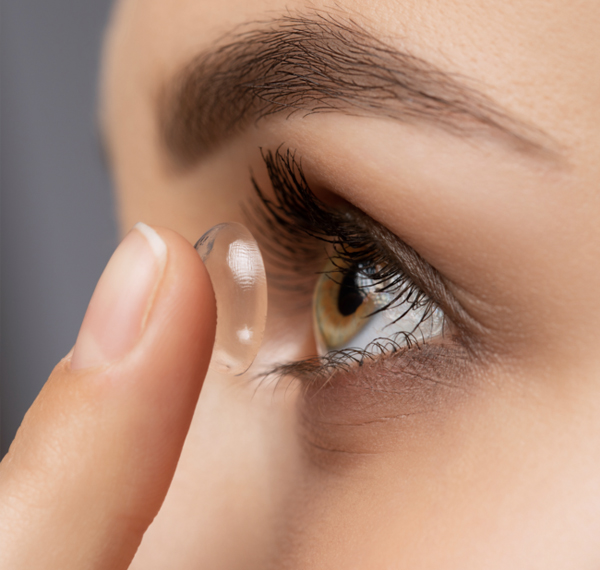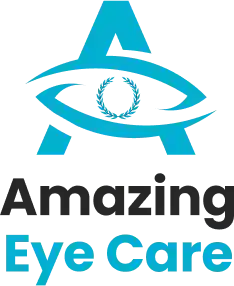
Start with an eye exam
Your eye doctor will start by evaluating your overall eye health and vision. This will include reviewing your medical history and performing a series of standard eye tests. These exams will check different aspects like eye focusing, coordination, depth perception, color vision, peripheral vision, and how your pupils respond to light. The doctor will also measure the fluid pressure in your eyes to look for signs of glaucoma, examine your retina and optic nerve, and determine if contact lenses can improve your vision by testing different lenses.
Contact Lens Preferences Discussion
When determining if contact lenses are right for you, it is crucial to have a conversation about your preferences. This includes discussing if you are interested in changing or enhancing your eye color, and deciding between daily disposable lenses or overnight contacts. It is recommended to ask about the pros and cons of each choice to make a well-informed decision. Furthermore, if you are 40 years or older, your doctor will likely discuss how contact lenses can assist with age-related vision changes.
Next, Eye Surface Measurements by the Eye Doctor
In order to ensure the correct fit, contact lenses require precise measurements of your eyes. Your doctor will use a keratometer to measure the curvature of your cornea, the clear front surface of your eye. They will also determine the size of your pupil by comparing it to a card or ruler with different pupil sizes, held next to your eye to find the best match.
Consider a Tear Film Evaluation as well
If you have dry eyes, your eye doctor will evaluate the amount of tear film on your eye's surface. If your tear film is insufficient or if you have ongoing dry eye issues, contact lenses may not be the best option for you. However, there are newer contact lenses that can provide moisture to the eye's surface, making them a better choice for individuals with dry eye problems.
Contact Lens Fitting Time
In order to finalize the process, you will receive a trial pair of contact lenses. Your eye doctor will then evaluate how well they fit in your eyes by checking their alignment and movement on the surface of your eye. If everything looks good, the next step is to perform some extra tests to verify the accuracy of your prescription.
Test it out now!
Your contact lens exam is complete, but a follow-up appointment is necessary. Your doctor will provide trial lenses for you to wear for a week, followed by a brief follow-up exam to ensure they are suitable for you. Once confirmed, you can order your contact lenses.
If this is your first contact lens exam, don't worry. Choose a qualified optometrist who will answer all your questions. Let them know you are interested in contact lenses so they can allocate extra time for the consultation and any needed tests.
Here are the providers and their respective contact lens options:
- Alcon: Precision1, Dailies Total1, Total30, Air Optix plus Hydraglyde, Air Optix Night & Day and etc.
- Cooper Vision: Freshday, Clariti, Reveal, MyDay, Biofinity and etc.
- Bausch & Lomb: Biotrue, Infuse, Ultra and etc.
- Johnson & Johnson: Acuvue Oasys, Acuvue Oasys 1-Day with Hydraluxe and etc.

